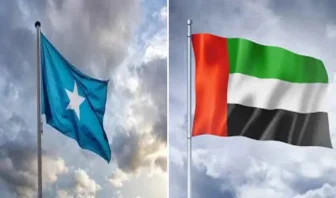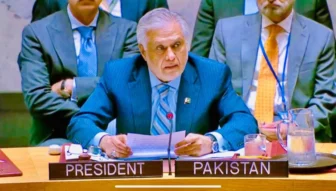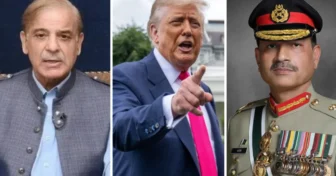Trump Lifts Most U.S. Sanctions on Syria, Signals Strategic Shift in Middle East Policy

In a sweeping policy shift aimed at redefining U.S. engagement in the Middle East, President Donald Trump on Monday signed an executive order permanently lifting the majority of U.S. sanctions on Syria. The move, which reverses decades of punitive measures, is seen as a key element in the administration’s effort to promote regional stability and economic reintegration.
The executive order rescinds five major presidential directives that have underpinned U.S. sanctions policy on Syria for years. It also instructs federal agencies to begin waiving additional restrictions tied to congressional legislation, export controls, and other regulatory frameworks. The White House confirmed that while some sanctions will remain—particularly those targeting Bashar al-Assad and individuals deemed to be destabilizing the region—most economic restrictions will now be phased out.
Also Read:
The action follows through on a commitment made by President Trump during his May visit to Saudi Arabia, where he vowed to lift sanctions on Syria as part of a broader diplomatic agenda. Both Saudi Arabia and Turkiye had lobbied for the easing of restrictions, citing the need to support Syria’s post-war reconstruction and return to regional economic systems.
While preliminary guidance in May had already relaxed several enforcement mechanisms, Monday’s order formalizes the policy shift, making the relief permanent. The administration also directed a review of remaining measures that cannot be repealed without congressional approval—such as sanctions under the Caesar Act—and is considering the removal of Syria’s designation as a state sponsor of terrorism.
One of the most consequential aspects of the new policy is the potential delisting of Hayat Tahrir al-Sham (HTS) as a terrorist organization. HTS, now led by Ahmed al-Sharaa, has taken control of Syria’s transitional government following the fall of Assad’s regime in December. U.S. officials are weighing whether this change in leadership and governance warrants a reassessment of the group’s status under U.S. law.
Tom Barrack, U.S. Ambassador to Turkey and Special Envoy for Syria, described the new approach as a “blanket opportunity” to revive Syria’s economy and restore regional ties. He emphasized that the U.S. is shifting away from rigid, condition-based frameworks and instead pursuing a model grounded in economic development, civil engagement, and long-term stability.
“This is not about dictating terms. It’s about opening space for Syria to reconnect with its neighbors and participate in broader regional initiatives like the Abraham Accords,” Barrack said.
The U.S. has maintained some form of sanctions on Syria since 1979, originally due to its designation as a state sponsor of terrorism. Sanctions were significantly broadened under the George W. Bush and Barack Obama administrations, particularly in response to Assad’s crackdown on dissent during the 2011 Arab Spring.
However, with Assad’s ouster and a new leadership structure emerging, the Trump administration argues that maintaining blanket sanctions has become counterproductive. Humanitarian groups and civil society organizations have echoed this sentiment, arguing that the sanctions regime has hampered efforts to rebuild infrastructure and deliver essential services after more than a decade of conflict.
A senior administration official said previous attempts to condition sanctions relief on political benchmarks failed to produce meaningful results. “The path to lasting peace and integration lies through opportunity, not isolation,” the official stated.
Read all the Breaking News Live on pakistantimes.com and Get Latest English News & Updates from Pakistan Times. Follow us on Whatsapp channel for more.








